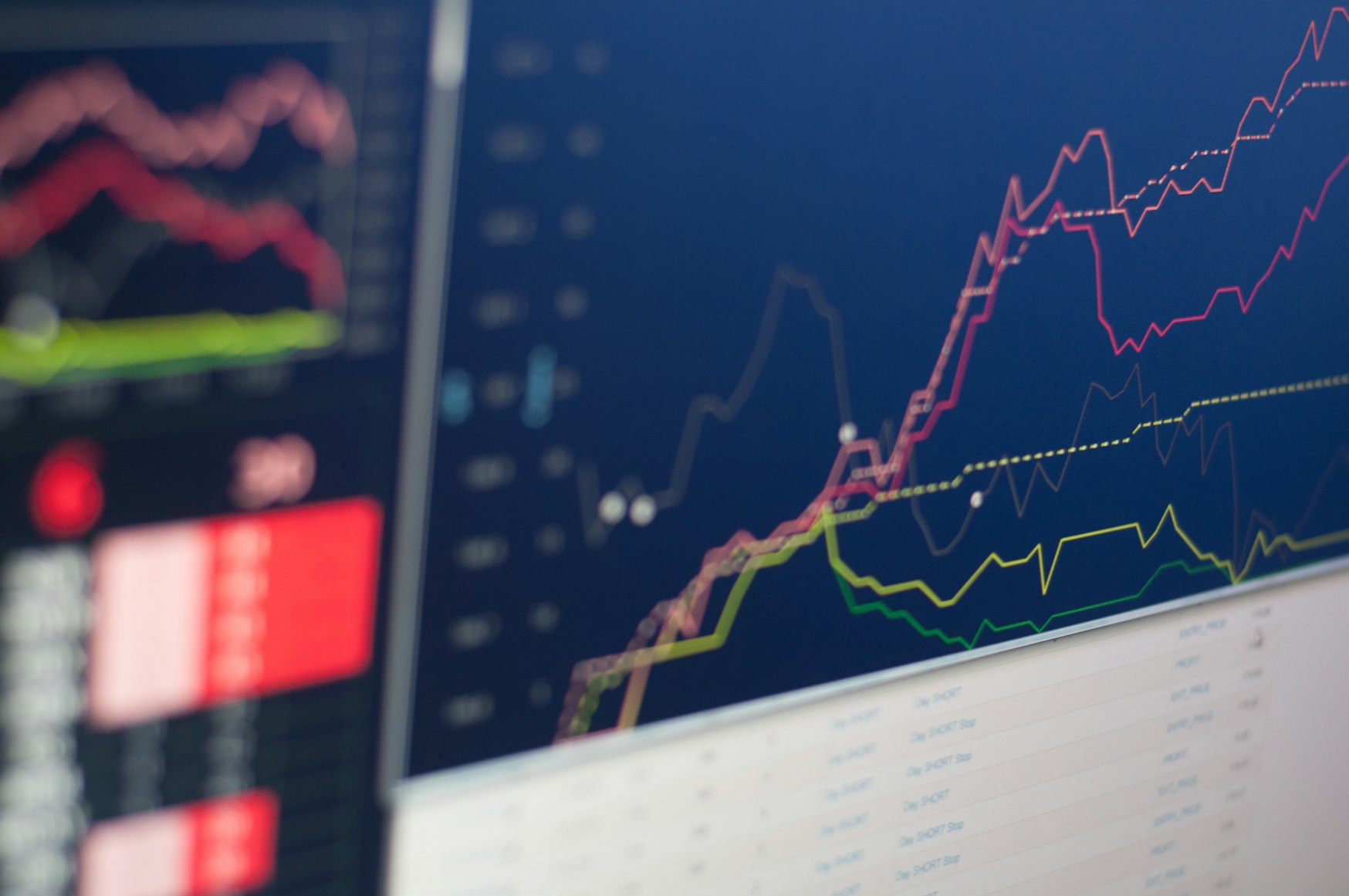Image: unsplash.com
Should forex traders fear an upcoming recession? A better question is how should FX enthusiasts prepare for an inevitable recession? Better to be ready, even if the worst never happens, than to be unprepared. That old rule is particularly relevant for individuals who buy and sell foreign currency pairs as a means of earning a profit. Fortunately, there are several effective ways to build up your arsenal of tools, weapons, and tactics to deal with what looks to be one of the worst global financial setbacks in modern times. Will 2022 make the monetary debacle of 2008 look like a blip on the chart? It's possible, but there's no need to take a pessimistic or optimistic stance without reviewing a few essential facts.
Recessions are typically defined as overall periods of weakening or slacking off of business and other forms of economic activity. Combine that negative situation with inflation, and you end up with recession's even more detrimental cousin, stagflation. How can FX investors and traders get ready for dicey markets, global inflation, and ongoing recessionary pressures? The following tactics can help new traders figure out how to approach the international markets even when there's a huge amount of volatility and uncertainty.
Take Advantage of Price Changes
Prices in any market fluctuate. That's just the nature of the financial beast. The core skill traders seek to develop is to learn to earn a profit on those changes by making relatively accurate predictions about the direction of prices. People who have experience forex trading with AvaTrade know the value of working with a reputable broker. What can FX practitioners gain by opening an account with a top, regulated brokerage firm? In addition to having access to the best platforms and highly sophisticated technical tools, experienced brokers cater to new account holders as well as experienced ones.
If you're still shopping for a place to open an account, be sure to vet all the candidates carefully. Ask company reps about educational tools for newcomers, like demo accounts, webinars, tutorials, live news feeds, training videos, and more. Volatility in the international currency markets can be a positive factor for people who have the support and training it takes to make educated guesses about which direction exchange rates are headed. Currently both the US dollar and the Chinese yuan are facing major directional changes in their overall values.
Studying the history of the dollar and yuan, and staying informed about recent developments in China and the US, are two excellent initial steps for building a sound understanding of where the long-term trends are headed. Will the dollar continue to strengthen against many of the other major currencies? Will the yuan resume its slow decline in value? These are the types of questions traders are asking themselves during the present round of worldwide inflation, the war in Eastern Europe, and an entrenched supply chain crisis.
Know Where the Major Currencies Stand
Being serious about FX means not only checking the news headlines every day but also following the major currencies as they jostle up and down. The main goal is to watch for patterns and try to identify the factors behind them. For instance, the recent wave of lockdowns in China and the mass pullout by foreign companies are thought to be behind the yuan's decline in value. Keeping an eye on the euro, yen, yuan, dollar, British pound, Australian dollar, ruble, and other central denominations means scanning financial news and checking the first few paragraphs of news articles about those countries. What FX enthusiasts call the morning review takes no longer than 10 minutes but is an indispensable part of every trader's routine.
Don't Fall for the Common Myths
The current state of the world economy offers an almost ideal environment for those who are learning to trade forex. That's because many of the factors behind value fluctuations are obvious, like wars, major bouts of inflation, and massive immigration. However, there are a number of myths that many newcomers run into, and it's best to know what they are before you encounter them or, worse, fall for them.
The primary bit of misinformation out there is the get rich quick falsehood. Forex is not the place to expect fast profits or instant wealth. Far from it. However, those who put in the work, study, and effort can turn FX buying and selling into a part-time or full-time job. But it's a job, not a scheme to acquire vast wealth in a short period of time. The other pernicious myth is that FX is a short-term play. In fact, large numbers of people who get involved with forex follow long-term trends and trade accordingly.

